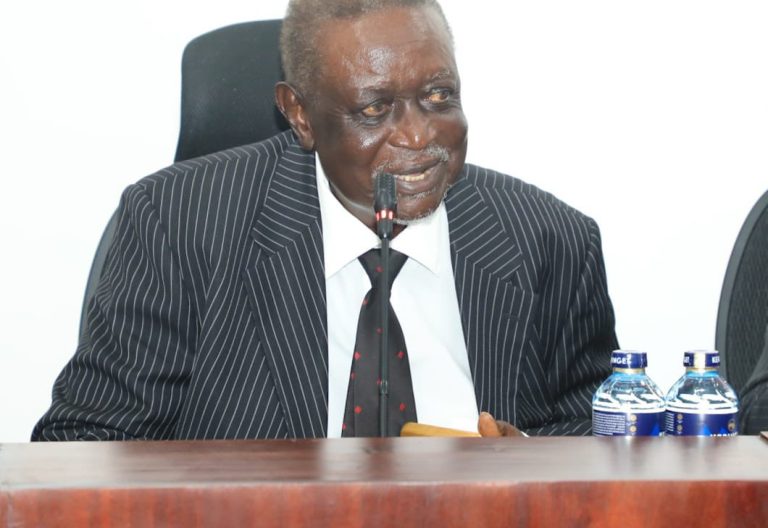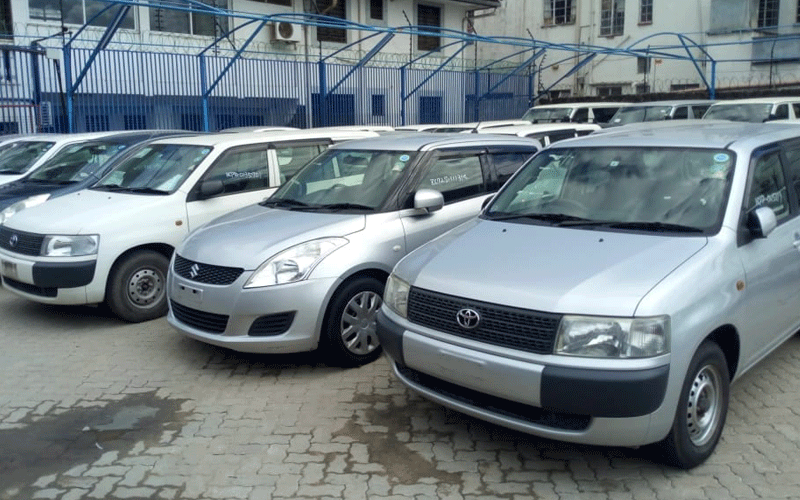Automotive cartels re-emerge as pandemic lockdowns ease
By Musa Radoli, April 29, 2021Smuggling of cars from Uganda to Kenya has blossomed to become a multi-billion shillings business with feeders countrywide after suffering from the Covid-19 lockdowns and border restrictions.
The booming business, which was only slightly disrupted by the Coronavirus (Covid-19) lockdowns, targets mostly expensive luxury cars from as far as Europe, South Africa, Namibia, Zambia, Tanzania among others. Business Hub has established that the vehicles involved are usually second hand cars, mostly Toyota Saloons and pick-ups, Nissan Saloons and pick-ups, Honda Civic SUVs, Mitsubishi and Renault among many others.
The vehicles, which are ironically imported through the Port of Mombasa and transported by road to various destinations in Uganda and beyond, find themselves being smuggled back into kenya.
Dealers say the driving force keeping the racket afloat is there are Uganda’s almost non-existent import duties for cars from some of these jurisdictions and they also do not have age limit prohibitions as is the case in Kenya.
Further, analysts say these vehicles end up being targeted for spare parts, which also end up becoming cheaper compared to vehicles bought in Kenya.
“Why should you buy these items at inflated prices in the country (Kenya) when you can get the same items at cheaper prices just across the border?” asked Sam Mjomba, a vehicle and spare parts dealer in Busia.
At the same time charges like comprehensive insurance required annually are cheaper in Uganda per unit including their retail prices compared to Kenya which has higher import duties levied per each unit and insurance covers.
Kenyan shilling
Another dealer who requested not to be named said: “Most these cars and pick-ups in Uganda are retailing at between Sh150,000 and Sh500,000 while in Kenya they cost double to triple these prices.”
The dealer said the stronger Kenyan shilling compared to Uganda currency has also seen Kenyan buyers flocking to the neighbouring country’s market for these items more than ever before.
Kenya National Chamber of Commerce Industries (KNCCI) Busia County branch and a senior regional Kenya Revenue Authority (KRA) official confirmed that the automobiles were being transited into the country mostly through Busia and Malaba border towns.
Branch chairman Peter Kubebea said the buyers are mostly from the former western, Nyanza and Rift Valley provinces.
“That is why when you visit counties in these former provinces starting from Busia itself right on the border you will find many of these vehicles with Ugandan registration number plates and insurance covers,” he said.
Kenya Auto Bazaar Association (KABA), said the immediate consequence was that locally imported second-hand car prices increased by at least more than Sh100,000 amid a surge in demand for the same that must have spilled over into the cheaper Ugandan market.
Charles Munyori, KBA Secretary General said many Kenyan buyers have opted to acquire cars imported by Ugandans to avoid high taxes imposed on second hand vehicles in Kenya.
“As a result cartels have since emerged and have been sneaking in vehicles through the Malaba-Busia border without paying exercise duty,” he said.
“There was some slight disruption because of Covid 19 spread restrictions in both countries, but this is only temporary, though it hurts our local market.”
Munyori called for the arrest of border customs officers for allowing untaxed vehicles to be smuggled into the country with devastating impact on the local market.
More Articles

